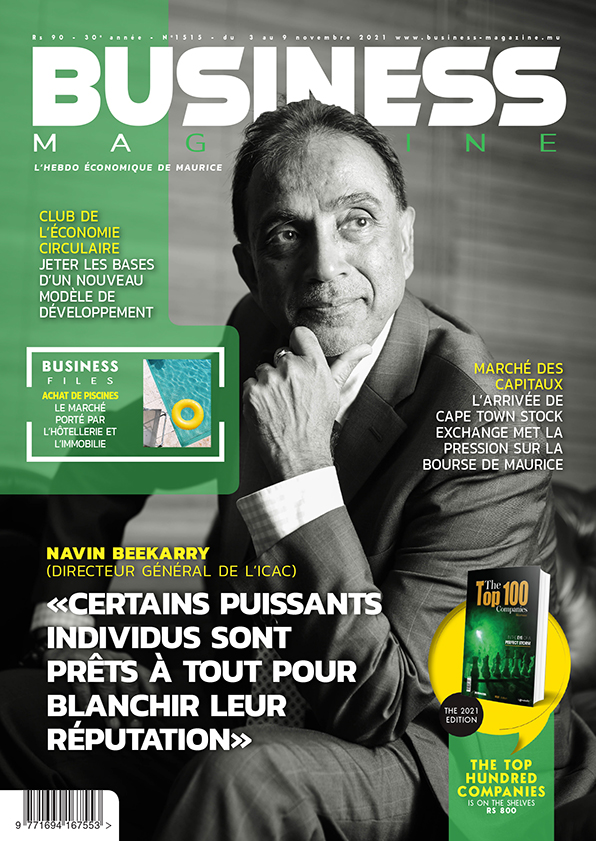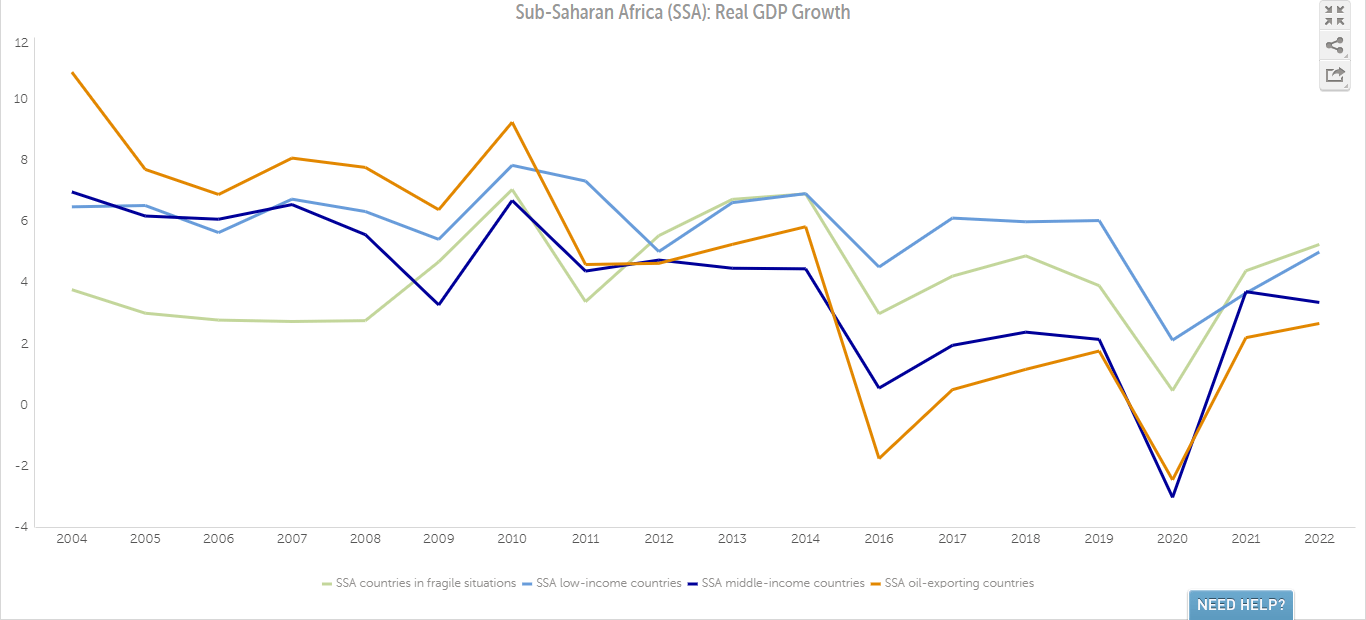Juan Carlos Fernandez Zara : Dealing with a changing world: the corporate governance perspective
Share

Change is a constant in our lives and corporations are not exempt of it. With the tectonic shifts that affect the global economy, whether political, economic, demographic or in terms of consumer trends, companies are pressed to cope with new paradigms, in order to remain relevant and competitive. Companies also need to be structured in a way that inspires confidence to stakeholders through proper structures of corporate governance.
We have all seen what happens when the system fails. The financial crisis of 1999-2000 paved the way for the financial crisis of 2007-2008. Failure to adapt to a world in constant transformation, fast-paced globalisation and complex new business paradigms have proven to be major challenges for companies, leading to several systemic failures that have shown us that good corporate governance is not only about structures, positions, and checks and balances. The goal is also to ensure that all parties, including shareholders, directors and executives are aligned and that their actions converge to increase value for all.
Looking through the prism of corporate governance and Mauritius, this is where the new Code of Corporate Governance comes in. The code will not provide answers to all the challenges corporations are facing but it is a great starting point. The new code recognises the changes that have taken place since the implementation of the code of 2003. By combining abstract principles with the ‘apply and explain’ approach, the new code provides a major opportunity for companies to take a new look at how they can review and improve their practices, choosing best practices that are the most relevant to their requirements.
Look at Principle 1 of the code for instance, which states that companies should be headed by effective boards. The term ‘effective’ is generic and can be interpreted in different ways. Depending on the industry, size and complexity of the company, and taking into consideration the macroeconomic context, ‘effective’ could either refer to the ability of the board to be rapidly responsive and take decisions in almost “real-time”. Or it could refer to the ability of the board to integrate complex factors and provide solutions that are inclusive of all the parameters involved. These two rhetorical extremes need different structures at the board level and one structure will not be able to take both types of decisions. For instance, a smaller and uniform board will be better able to convene on short notice and make decisions on “simple” issues.
However, this type of board may lack the ability to process complexity effectively. The risk in this scenario is that a decision taken by individuals that think alike has not been challenged, and may therefore have weaknesses that went unchecked. On the other hand, a diverse and larger board that combines different skills and experiences, might be better able to integrate complexity. Nevertheless, without the proper decision-making process such a board may take too long to decide, resulting in decisions that are good but not timely. From one end of the pendulum to the other, the key is to balance between timely decisions that may me off-track and good decisions that can be outpaced. While from an abstract perspective both boards may qualify as “effective”, one realises through this example that both also run the risk of not being so in practical terms.
From this perspective, the new code represents an interesting challenge for companies. There are basically two approaches: the principles of the code can be applied quickly in a ‘check-the-box’ manner, or they can be implemented with more depth, complexity and purpose. The catch is that shortcuts inevitably backfire. Shortcuts do not bring results, and this will be evident to stakeholders. Think of a shortcut as a temporary method to “patch-up” the major issues that eventually wears off, leaving behind a deeper wound.
Implemented correctly, the new code would encourage companies to integrate the human factor into board rooms and into the relationships of a company with its stakeholders. Because while corporate governance may refer to rules and processes, it is a dynamic and human process. It is necessary to have competent people filling positions, but it is also key to ensure that competency assessment does not stop with hard skills and takes into consideration soft skills, such as team spirit, the ability to take and provide positive feedback, the openness to be challenged and the ability to find solutions in the face of change.
Mauritian companies have been through a lot since independence, and have demonstrated their resilience and adaptability over the years. The risk they face, as do companies in many other countries, is that they may base themselves on past experiences to set out their path to the future. In other words, taking for granted their ability to s쳮d. Companies need to break the mould they have been using and focus on understanding global trends, assessing risk and working on several plans that will give them the flexibility to deal with rapid change. In terms of corporate governance, this also means ensuring a communication flow that enables fast responsiveness. Based on international case studies, this implies structures that allow for diversity, which positively impacts on hiring, and allows the company to flourish.
The adoption of the new Code of Corporate Governance for Mauritius marks the start of a process. While all companies might not be 100% ready by June 30, 2018, the key idea is to have champions that will lead the way for others to follow. This is where the MIoD comes in. We will work with all agents in an inclusive way to raise awareness, reinforce the case for good corporate governance, and support the implementation of best practices. Mauritius has a lot to gain from this, not only in terms of survivability, but also with regards to competitiveness for companies and the economy. The implementation of the new Code of Corporate Governance is a journey that has the potential to position Mauritius as a leader in this field. You can count on the MIoD to be part of this journey.









